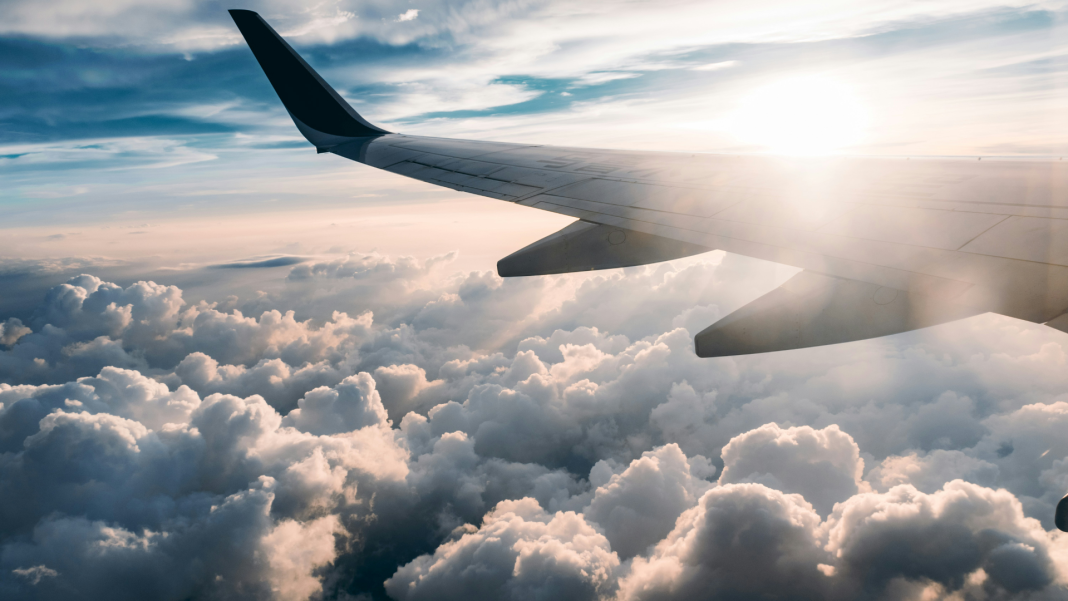“A laborious agreement, but an agreement nonetheless, on air passenger rights in a dossier stalled for over ten years.” This is how our colleagues at the independent specialist media outlet Contexte described the qualified majority agreement forcefully adopted on Thursday by the 27 EU transport ministers meeting in Luxembourg. It ultimately took bilateral talks and a final compromise drafted by the Polish presidency during the meeting to reach a consensus. An initial morning session, based on a compromise circulated the day before, had ended in failure.
As expected, the entire discussion revolved around revising the compensation thresholds for flight delays or cancellations—a subject that has seen intense lobbying from airlines eager to scale back compensation rules. The new agreement among the 27 provides that travelers will be eligible for compensation of €300 for delays of 4 hours or more on flights under 3,500 kilometers and intra-EU flights (including overseas territories), and €500 for delays of 6 hours or more on longer flights.
Multiple Exceptions and Negative Reactions from Both Sides
However, a long list of “extraordinary circumstances” will exempt airlines from paying this revised compensation. These include a range of unpredictable events that could endanger the aircraft and its passengers: natural or environmental disasters, extreme weather conditions, war or insurrections, cross-border health threats or medical emergencies, collisions with foreign objects, passenger-related incidents, acts of terrorism or sabotage, sudden closures of airspace or airports, and more.
According to Contexte, the new agreement and its many exceptions have already been criticized by both consumer protection associations—which view it as a step backward compared to current rules in several areas—and airlines, who claim it “adds complexity” to the existing system. Nonetheless, some countries that supported the agreement, including France, have welcomed a text that enshrines over 30 new passenger rights, even if it could have been more ambitious.
Read more articles:
Exclusive Clubs And Circles For Networking And Business Growth In Luxembourg
Bert Boerman, Tech Founder & Digital Transformation Specialist
Europe’s First ‘Bitcoin Treasury Company’ The Blockchain Group Chooses Luxembourg

